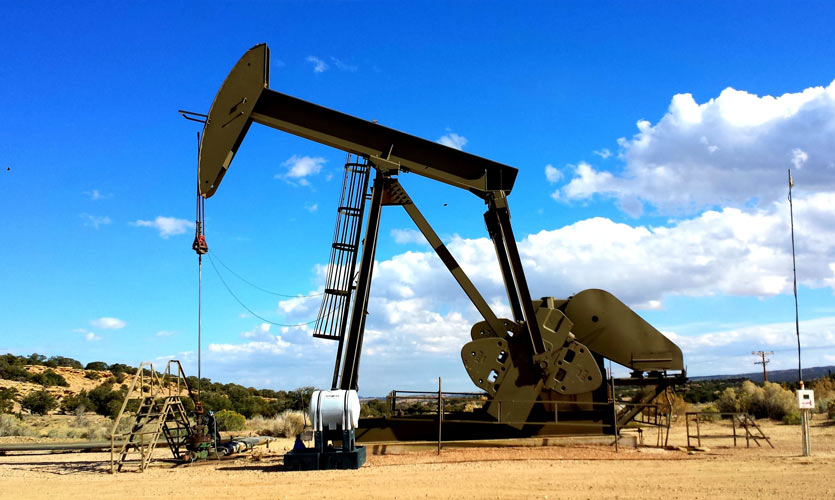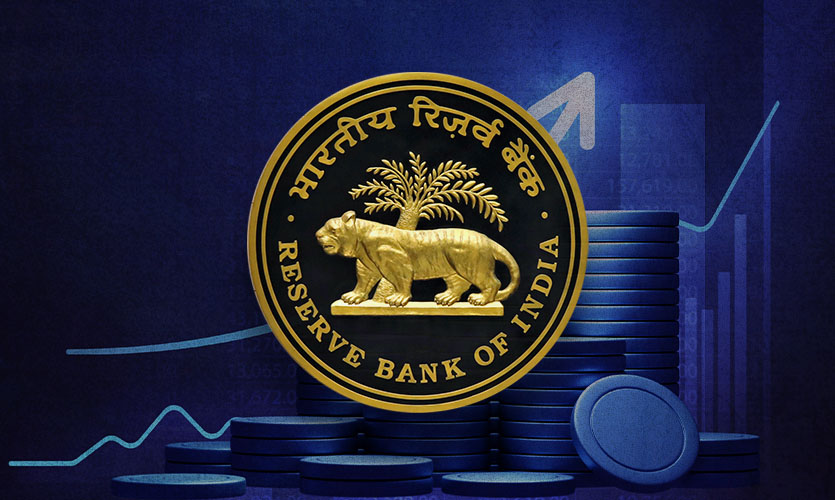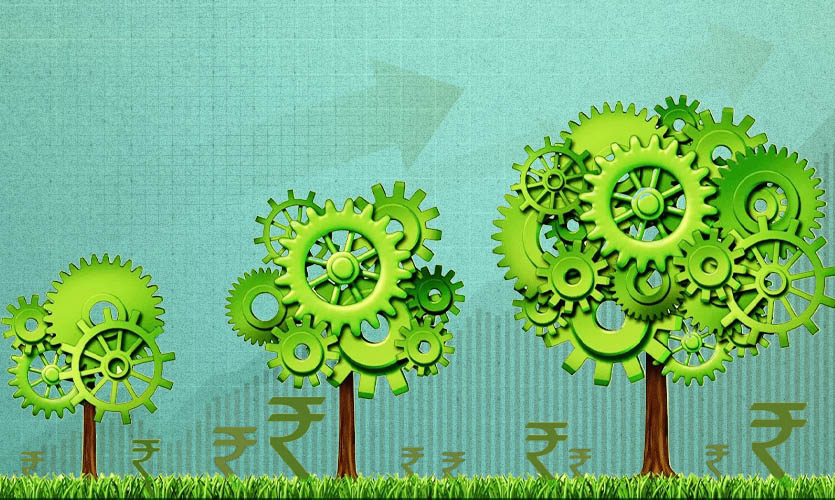Russian President Vladimir Putin’s announcement on military action in eastern Ukraine, in the early hours of February 24, led to widespread panic in all aspects, including soaring global crude oil and gold prices. Although Putin said that Russia does not intend to occupy Ukraine but only “demilitarize” it, explosions were heard in the cities of Kyiv, Kharkiv and Odessa soon after his address. Russia claimed that it was only attacking military targets and not populated areas.
The commencement of the war has led to oil prices rising in recent weeks and soaring past $100 per barrel in Brent futures for the first time since 2014. Brent crude oil futures were up nearly 9 percent at $105.3 per barrel after hitting a day’s high of $105.5 at 4:10 pm (IST). Traders fear further sanctions that could hit Russia’s crude oil export.
Since November 2021, global crude oil prices have jumped over 30 percent, an increase recorded due to rising demand as global economies opened again after the COVID-19 pandemic started subsiding. Global supply has failed to keep up with the rising demand that has led to a tight crude oil market.
Early trade also saw investors seek safe-haven assets as gold prices rose sharply due to Russia’s military actions in Ukraine. “Gold may remain volatile as market players respond to development relating to Russia. Unless there are serious efforts to resolve the issue, safe-haven buying may keep prices supported,” said Ravindra Rao, CMT, EPAT, VP- Head Commodity Research at Kotak Securities.
Impact On Trade Worldwide
Wall Street analysts warn that the economic impact of the invasion could move beyond the gas pump. The threat of sanctions or export controls against Russia could lead to supply shortages in semiconductor industries, or to the fiercest inflation in decades on wheat or metals.
Oil is Russia’s most important export. The country is a major exporter of crude oil, accounting for about 12 percent of the global supply. Moreover, both Russia and Ukraine are large agricultural suppliers of wheat, rye, barley and other grains to Central Asia and the Middle East. The impact on these commodities could send global food prices soaring and also put pressure on US consumers.
Russia is the producer of half of the world’s key elements such as palladium, and smaller portions of platinum and nickel in complex microchips that are used in “everything from electrical metres to sophisticated BMWs”, as informed by RSM chief economist Joe Brusuelas. It is also a major producer of aluminium.
According to a CBS report, Ukraine is the top producer of uranium for Europe. It also has vast deposits of titanium, manganese, iron and mercury. “Because commodity prices are as high as they are, any disruptions will really matter,” Peter Boockvar, chief investment officer at Bleakley Advisory Group said. Europe also relies on Russia for about a quarter of its oil supplies and a third of its gas.
Read more: Ukraine Reports Full-Scale Russian Invasion
The pandemic has already plagued and caused supply-chain shortages all across the world. This has led to long waiting periods for goods like cars, electronics and furniture and pushed up their prices. Experts point to rising tensions as a factor that could worsen these long-standing issues. “What we’re talking about is another round of supply shocks in the developed economies,” said Brusuelas. Supply shortages in critical metals could worsen the current semiconductor shortage and further push up the prices of cars, electronics and other big-ticket items. “As costly as another European war would be in human and economic terms, its economic burden in the United States would fall hardest on the middle and working classes,” Brusuelas said.
The Russian Invasion has drastic security and economic implications on India as well. Official data shows that India is currently Ukraine’s largest export destination in the Asia-Pacific and the fifth largest overall. Ukraine is India’s major exporter of sunflower oil, followed by inorganic chemicals, iron and steel, plastics, and chemicals, among others. The invasion will have a substantial effect on the bilateral trade between the two countries.
Indian companies like Ranbaxy, Dr Reddy’s Laboratories and Sun Group have representative offices in Ukraine. Pharmaceuticals account for the majority of Indian exports, and India is the third-largest exporter of pharmaceutical products to Ukraine (after Germany and France), in terms of value, and the representatives of the major pharmaceutical companies have set up an Indian Pharmaceutical Manufacturers’ Association (IPMA) in the country.
The inflationary consequence of rising crude oil prices could force the Reserve Bank of India to abandon its dovish monetary stance.










